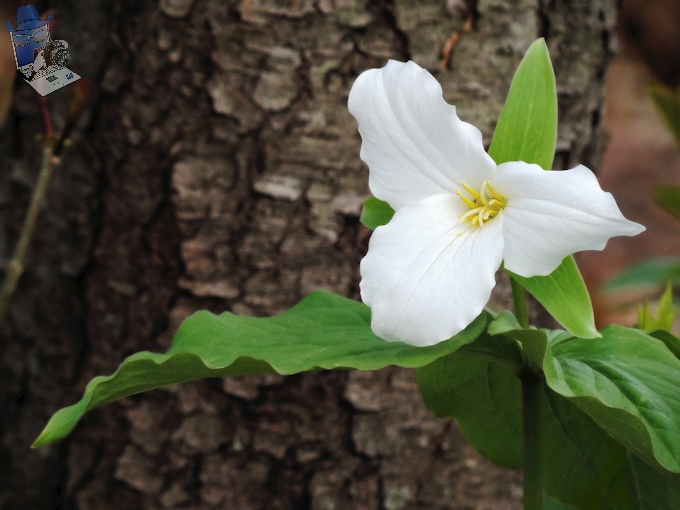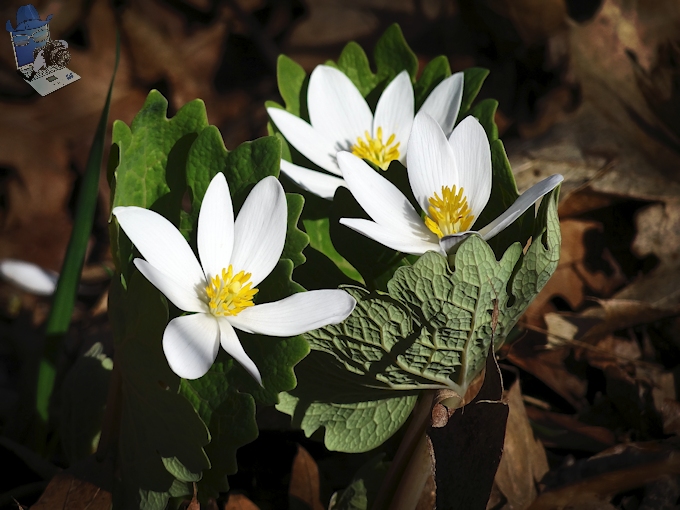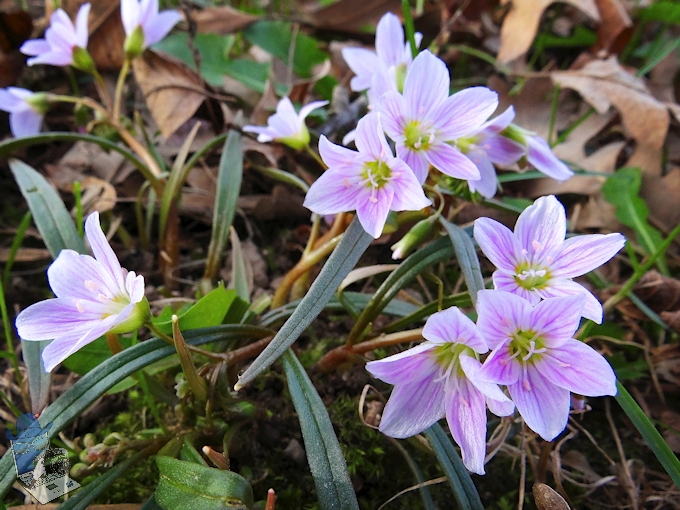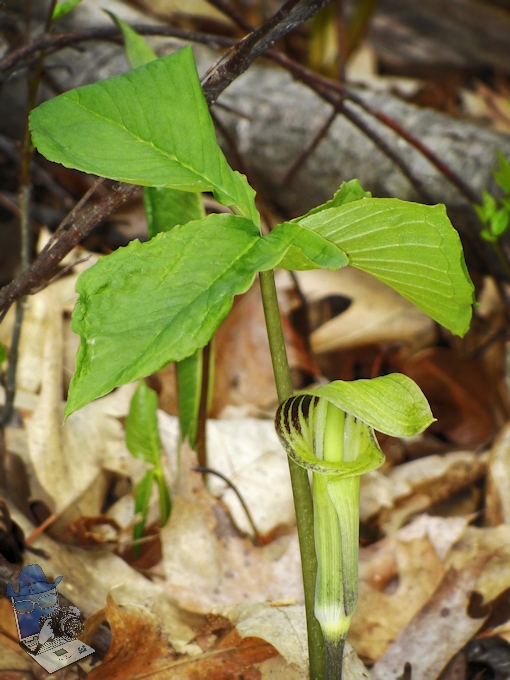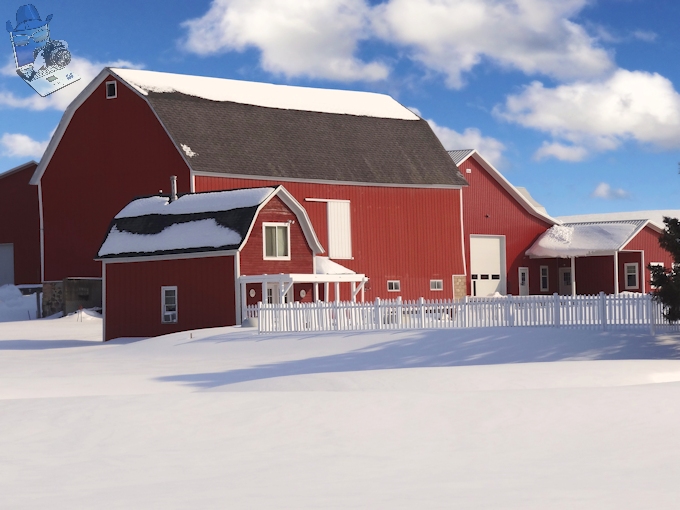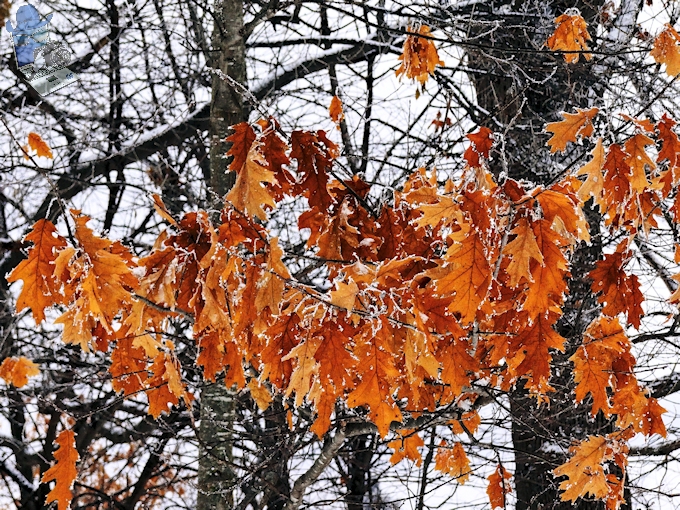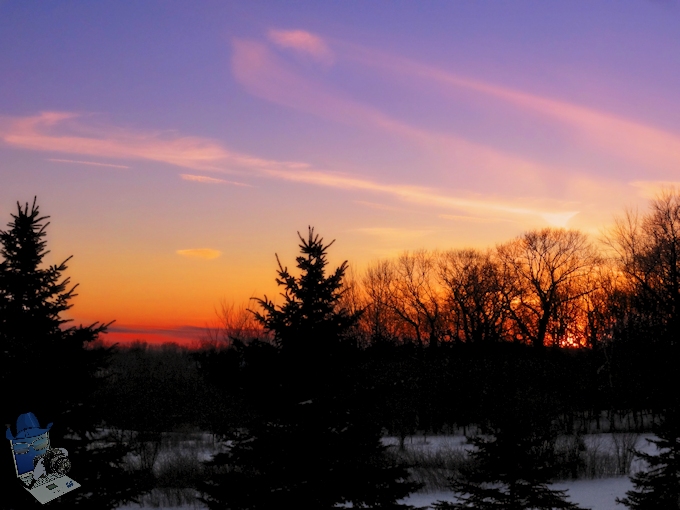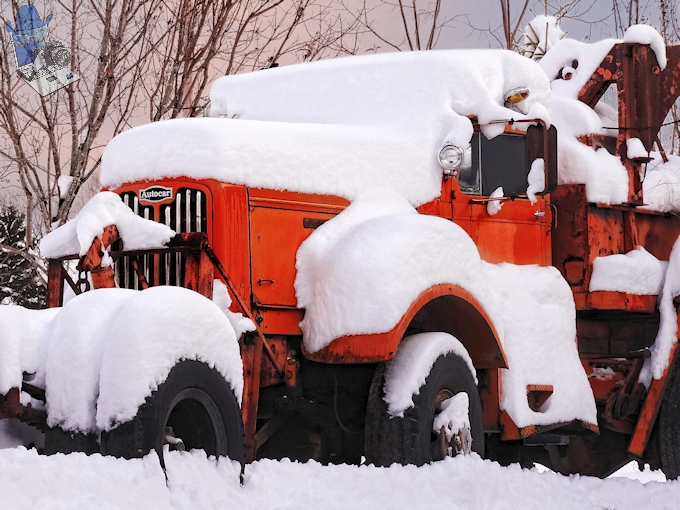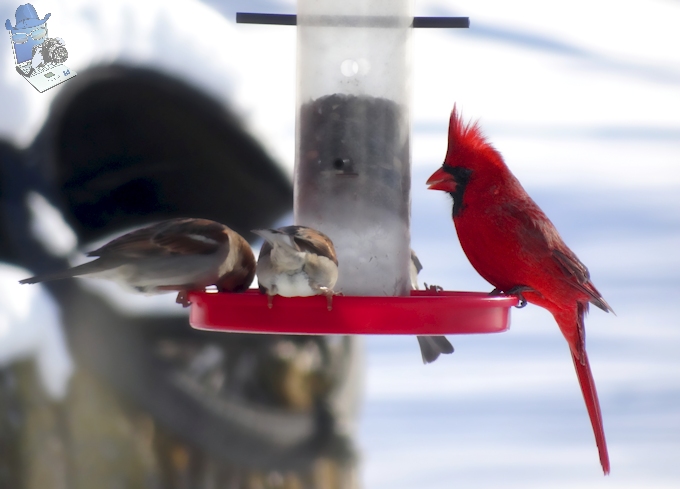The white trillium might not be a flower showing pretty colors, but the white blossoms do stand out against the green and brown forest floor in the spring.
And they stand out too well for the deer. Trilliums are a favored food of white-tailed deer. Indeed if trilliums are available deer will seek these plants, with a preference for T. grandiflorum like the one pictured, to the exclusion of others. When deer foraging intensity increases, the plant becomes shorter each growing season due to the reduction in energy reserves from less photosynthetic production.
My poor trilliums where hit hard last year by the deer and it will be a miracle if any of them will blossom this year.
White Trillium
